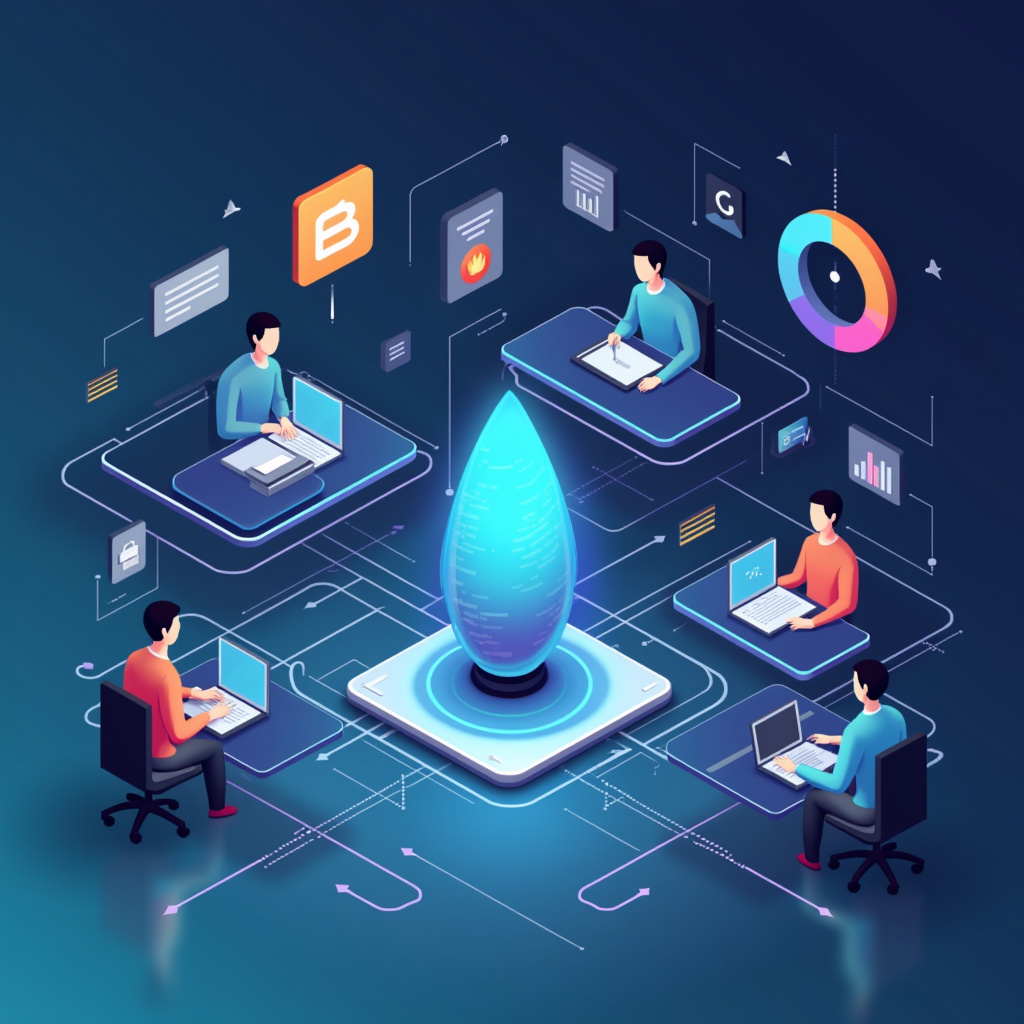Introduction
The rapid advancements in artificial intelligence have made headlines across various sectors, with the Generative Pre-trained Transformer (GPT) models leading the charge. As we stand on the brink of the next iteration, GPT-5, many are curious about its potential and the future of AI-driven technologies. This article will explore what we can expect from GPT-5, its implications for various industries, and the ethical considerations that come along with these advancements.
What is GPT-5?
GPT-5 is the anticipated successor to GPT-4, developed by OpenAI. It is expected to build upon the impressive capabilities of its predecessor, which already demonstrated remarkable proficiency in natural language understanding, generation, and contextual adaptation. While specific details about GPT-5 remain under wraps, the expectations are high for enhanced performance, larger datasets, and improved algorithms.
Enhanced Natural Language Processing
One of the most significant advancements anticipated with GPT-5 is enhanced natural language processing (NLP). This could mean:
- Improved Contextual Understanding: GPT-5 may have a better grasp of context, allowing it to generate more coherent and contextually relevant responses.
- Broader Language Support: It may support a wider array of languages, dialects, and colloquialisms, making it more accessible for users around the globe.
- Nuanced Emotional Intelligence: GPT-5 might be equipped with improved emotional intelligence, enabling it to respond empathetically in sensitive situations.
Applications Across Industries
The implications of GPT-5 are vast, impacting numerous industries:
- Education: Personalized learning experiences could be revolutionized as GPT-5 provides tailored tutoring and feedback to students.
- Healthcare: In the medical field, GPT-5 could assist in patient assessments, providing initial diagnostic suggestions based on symptoms described in natural language.
- Content Creation: Writers and marketers may utilize GPT-5 for generating high-quality content, brainstorming ideas, and even drafting entire articles.
- Customer Service: Businesses could implement GPT-5 in chatbots, enhancing the quality of customer interactions and reducing response times.
Ethical Considerations and Challenges
As we anticipate the arrival of GPT-5, we must also consider the ethical implications surrounding its use. The potential for misuse is significant, and it is essential to address these challenges proactively:
- Bias and Fairness: Despite advances, AI models can still exhibit biases based on the data they are trained on. Continuous efforts are needed to minimize these biases and ensure fair outcomes.
- Privacy Concerns: With increased capabilities comes the responsibility to protect user data. Ensuring that GPT-5 respects privacy and confidentiality is paramount.
- Misuse of Technology: The potential for generating misleading information or deepfakes raises concerns about the integrity of content produced by AI.
The Future of AI Beyond GPT-5
Looking beyond GPT-5, the future of AI is promising. As technology continues to evolve, we can expect:
- Integration with Other Technologies: Future AI models may integrate with other advanced technologies, such as augmented reality (AR) and virtual reality (VR), to create immersive experiences.
- Collaborative AI: We may see the rise of collaborative AI systems that work alongside humans, enhancing creativity and productivity in various fields.
- Regulatory Frameworks: As AI becomes more pervasive, regulatory frameworks will likely emerge to govern its use, ensuring ethical standards are maintained.
Conclusion
The future of GPT-5 holds immense potential for transforming how we interact with technology and each other. While we can anticipate remarkable advancements in natural language processing and diverse applications across industries, we must also remain vigilant about the ethical considerations that accompany these developments. As we embrace the capabilities of GPT-5 and beyond, a balanced approach will ensure that the benefits of AI are realized while minimizing risks. The journey of AI is just beginning, and its future promises to be as exciting as it is challenging.




